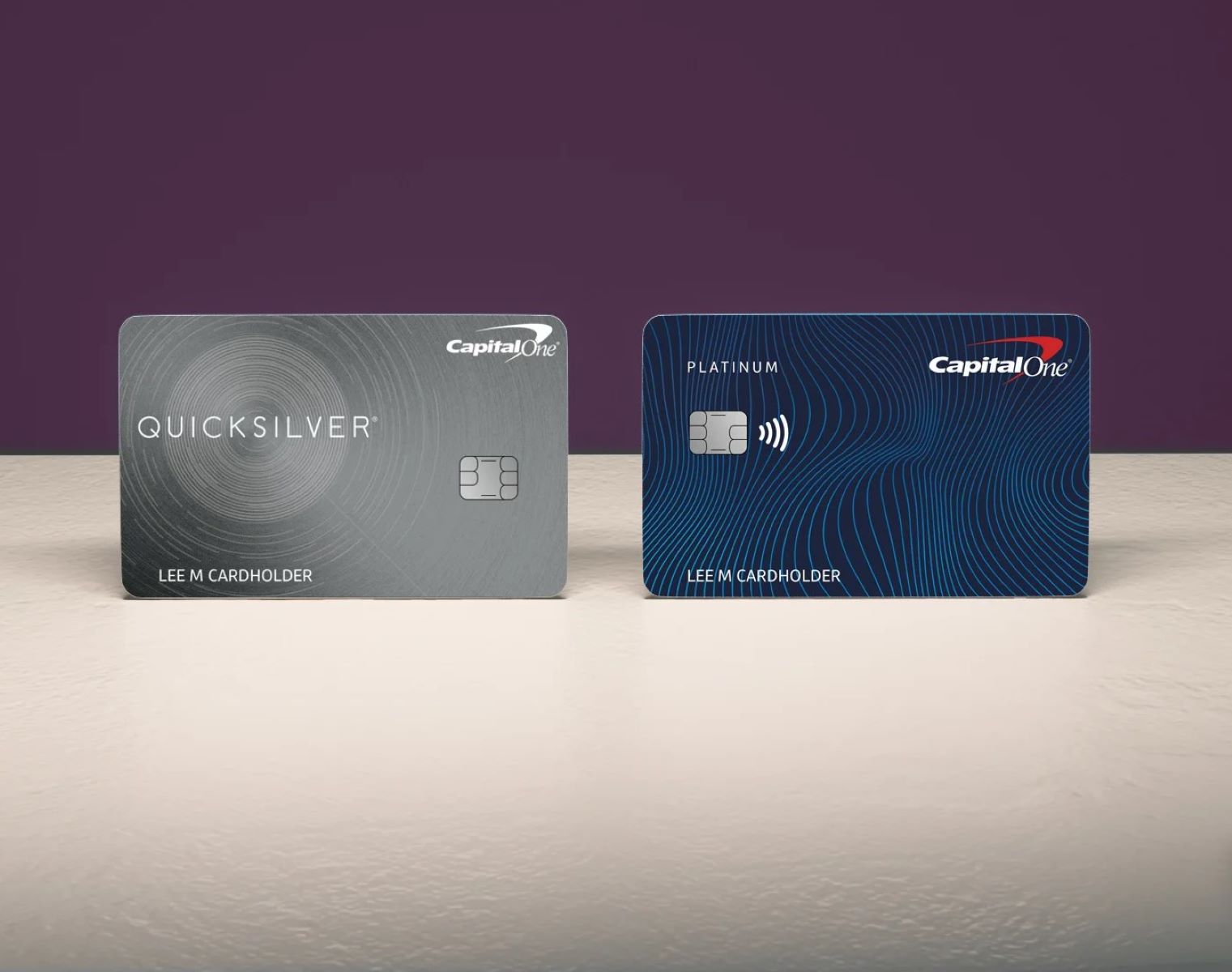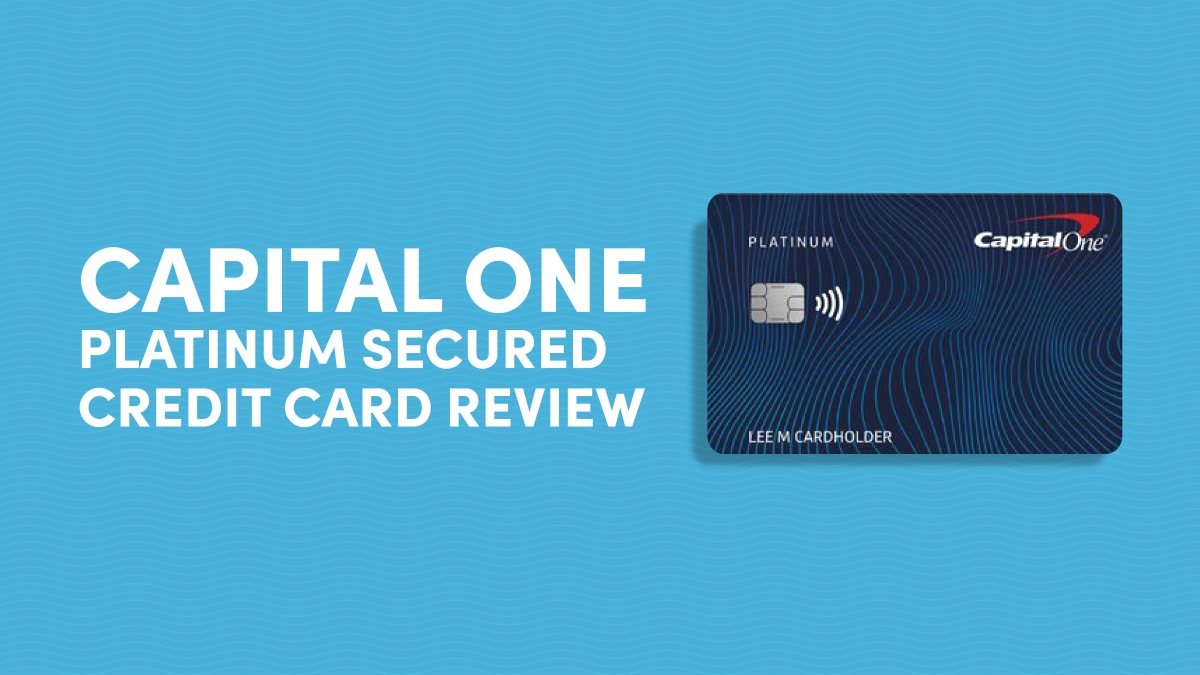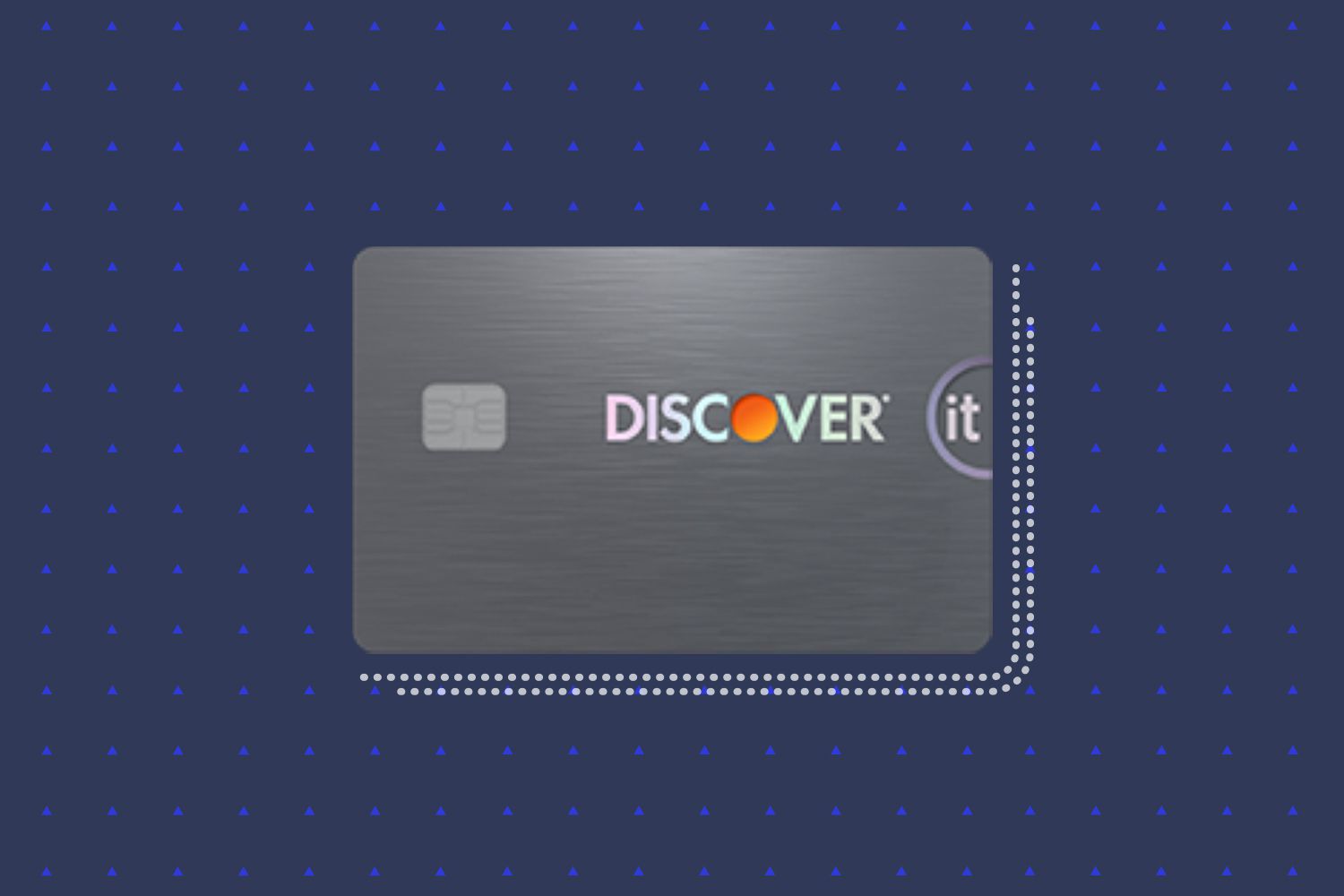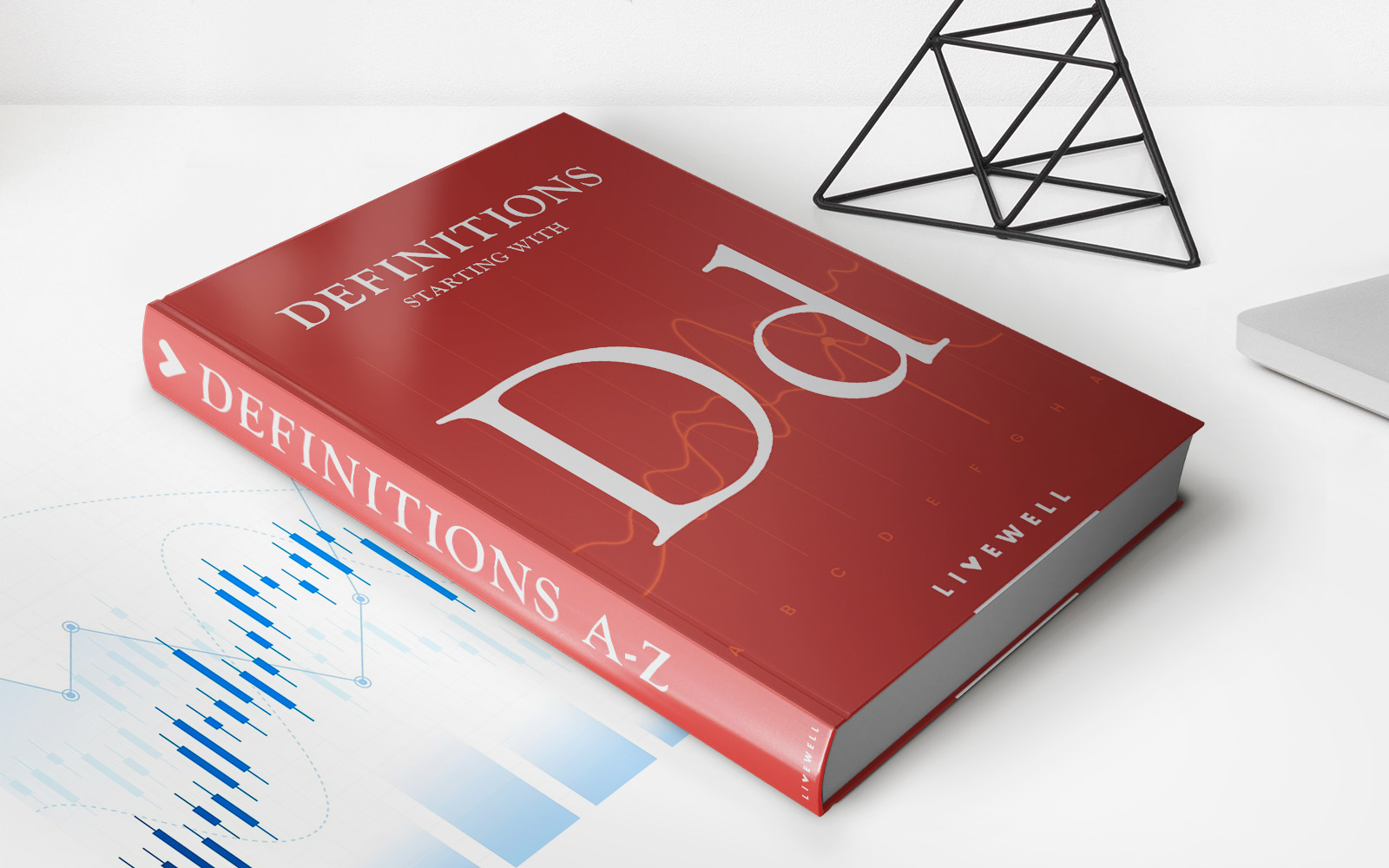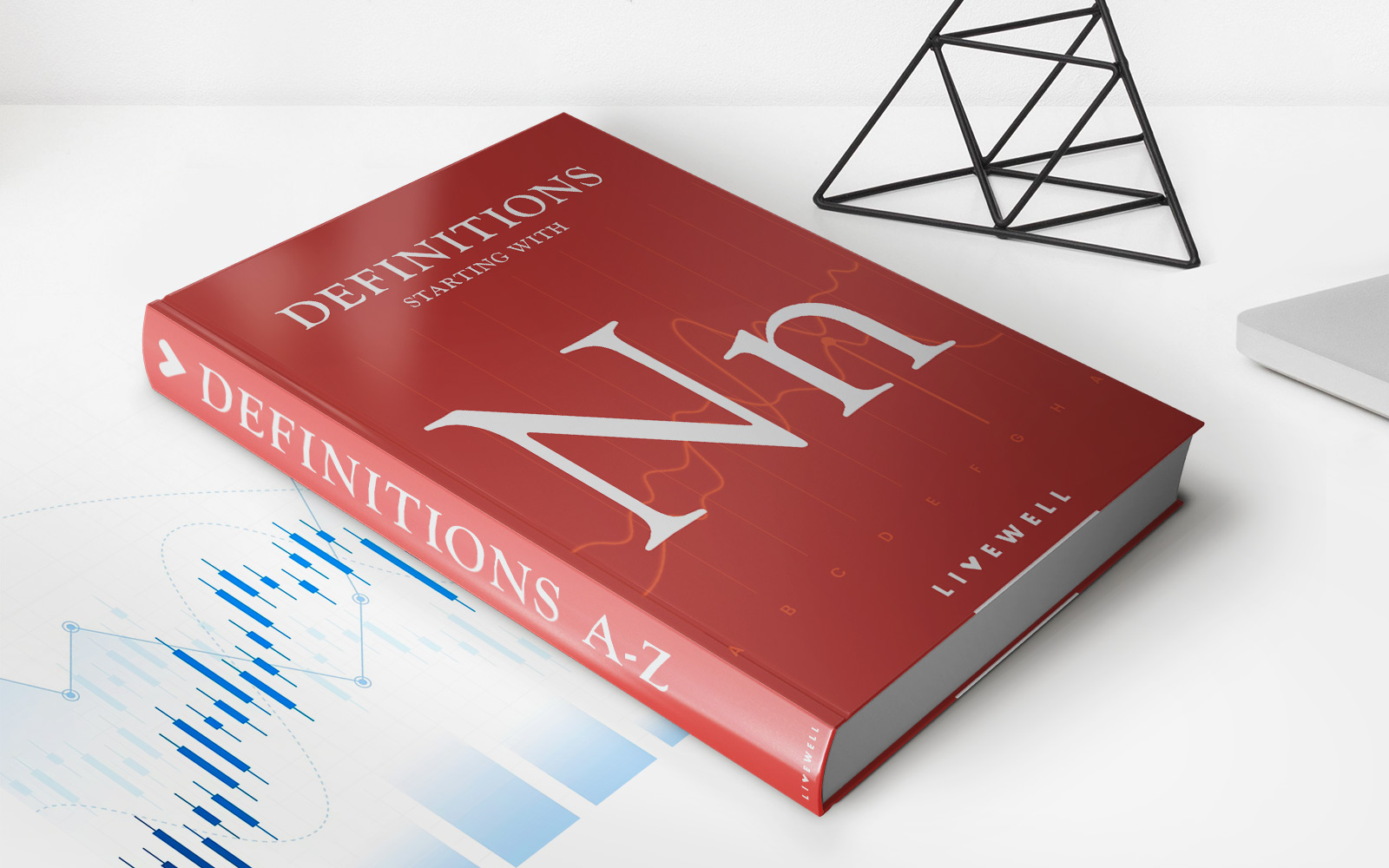Home>Finance>Which Secured Card Is Better: Capital One Or Discover?


Finance
Which Secured Card Is Better: Capital One Or Discover?
Published: March 1, 2024
Compare Capital One and Discover secured credit cards to make the best choice for your finances. Find out which card offers the most benefits and fits your needs. Discover the best secured card for you!
(Many of the links in this article redirect to a specific reviewed product. Your purchase of these products through affiliate links helps to generate commission for LiveWell, at no extra cost. Learn more)
Table of Contents
Introduction
Secured credit cards are valuable financial tools for individuals aiming to build or rebuild their credit. They offer a pathway to establish a positive credit history, which is essential for various aspects of personal finance, including obtaining loans, securing favorable interest rates, and even renting an apartment. Among the myriad of secured credit card options available, Capital One and Discover stand out as reputable and well-established financial institutions that offer competitive secured card products. In this article, we will delve into the features, benefits, and nuances of the Capital One Secured Card and the Discover Secured Card, allowing you to make an informed decision about which option best aligns with your financial goals and lifestyle.
A secured credit card functions similarly to a traditional credit card, with one fundamental distinction: it requires a security deposit as collateral, which also determines the card's credit limit. This deposit mitigates the risk for the card issuer, making secured cards accessible to individuals with limited or damaged credit history. By using a secured card responsibly, cardholders can demonstrate their creditworthiness, ultimately improving their credit score and paving the way for future financial opportunities.
Both Capital One and Discover have tailored their secured card offerings to cater to the specific needs of individuals on the path to credit improvement. Understanding the unique features and nuances of each card is crucial for making an informed decision. In the subsequent sections, we will explore the Capital One Secured Card and the Discover Secured Card in detail, allowing you to gain a comprehensive understanding of their respective benefits and considerations. Whether you're new to the world of credit or seeking to rebuild your financial standing, the insights provided in this article will empower you to select the secured card that best aligns with your objectives.
Overview of Secured Credit Cards
Secured credit cards serve as a practical means for individuals to establish or rehabilitate their credit history. Unlike traditional credit cards, secured cards require a security deposit, which typically determines the card’s credit limit. This deposit provides a layer of security for the card issuer, enabling them to extend credit to individuals with limited or poor credit history. By responsibly utilizing a secured credit card, cardholders can showcase their creditworthiness, leading to potential credit score improvements over time.
One of the primary advantages of secured credit cards is the opportunity they provide for individuals to demonstrate responsible financial behavior while gaining access to the benefits of a credit card. As cardholders utilize their secured cards for everyday expenses and make timely payments, they can positively impact their credit profile. This can open doors to better financial opportunities, such as qualifying for unsecured credit cards, obtaining favorable loan terms, and even securing lower insurance premiums.
Furthermore, secured credit cards are often accompanied by educational resources and tools to support cardholders in their journey toward financial stability. Many issuers offer online account management platforms, budgeting assistance, and credit monitoring services, empowering individuals to enhance their financial literacy and make informed decisions about their credit usage.
When comparing secured credit cards, it’s essential to consider factors such as the annual fee, interest rates, reporting to credit bureaus, and the potential for transitioning to an unsecured card in the future. Additionally, examining the flexibility of the security deposit, the availability of rewards programs, and the overall customer experience can aid in selecting the most suitable secured card for individual needs.
Both the Capital One Secured Card and the Discover Secured Card embody these fundamental principles of secured credit cards, offering distinct features and benefits tailored to assist individuals in their credit-building journey. In the following sections, we will delve into the specifics of each card, allowing you to gain a comprehensive understanding of their respective offerings and determine which option aligns best with your financial objectives.
Capital One Secured Card
The Capital One Secured Card stands as a compelling option for individuals seeking to establish or rebuild their credit. With a focus on accessibility and credit-building support, this card offers a range of features designed to empower cardholders on their financial journey.
One of the key highlights of the Capital One Secured Card is its flexible security deposit system. Cardholders have the opportunity to initiate the account with a relatively low security deposit, making it an attractive option for those with limited funds available for deposit. Additionally, responsible use of the card can lead to a potential increase in the credit limit without requiring an additional deposit, providing a pathway for credit growth over time.
Furthermore, the Capital One Secured Card does not impose an annual fee, alleviating financial burden for individuals focused on credit improvement. This feature distinguishes the card as a cost-effective solution for building credit without incurring unnecessary expenses.
In line with Capital One’s commitment to customer-centric services, the Secured Card provides access to CreditWise, a credit monitoring tool that enables cardholders to track their credit score and receive alerts about key changes to their credit report. This invaluable resource empowers individuals to stay informed about their credit standing and take proactive steps toward improvement.
Moreover, the Capital One Secured Card is designed to report card activity to all three major credit bureaus, ensuring that responsible card usage is accurately reflected in the cardholder’s credit history. This reporting mechanism is essential for individuals aiming to establish a positive credit profile and enhance their overall creditworthiness.
By offering a seamless and supportive credit-building experience, the Capital One Secured Card emerges as a compelling choice for individuals seeking a reliable pathway to improve their credit standing. Its combination of low initial deposit requirements, absence of annual fees, and credit monitoring resources positions it as a valuable tool for those embarking on their credit-building journey.
Discover Secured Card
The Discover Secured Card stands as a prominent option for individuals navigating the path to credit enhancement. With a focus on providing cardholders with valuable tools and rewards, this secured card offers a range of features tailored to support individuals in their credit-building endeavors.
One of the standout features of the Discover Secured Card is its cashback rewards program. Cardholders have the opportunity to earn rewards on their everyday purchases, enhancing the card’s appeal by offering tangible benefits alongside the credit-building process. This unique feature sets the Discover Secured Card apart, providing an additional incentive for responsible card usage.
Furthermore, the Discover Secured Card’s approach to security deposits sets it apart in the realm of secured credit cards. Unlike many secured cards, Discover periodically reviews cardholder accounts to assess eligibility for transitioning to an unsecured card. This review process, which starts at eight months, may result in the return of the security deposit to the cardholder, effectively transforming the secured card into an unsecured card based on responsible credit usage. This potential pathway to an unsecured card distinguishes the Discover Secured Card as a dynamic tool for credit improvement.
In addition to its rewards program and transition opportunities, the Discover Secured Card offers access to Discover’s Credit Scorecard, enabling cardholders to monitor their FICO credit score for free. This resource empowers individuals to stay informed about their credit standing and track their progress, fostering a sense of control and awareness regarding their credit journey.
Moreover, the Discover Secured Card is designed to report card activity to all three major credit bureaus, ensuring that responsible card usage is accurately reflected in the cardholder’s credit history. This reporting mechanism is fundamental for individuals aiming to fortify their credit profile and demonstrate creditworthiness.
By combining cashback rewards, the potential for transitioning to an unsecured card, and robust credit monitoring tools, the Discover Secured Card offers a comprehensive and rewarding experience for individuals focused on credit improvement. Its innovative approach to secured credit cards, coupled with the allure of cashback rewards, positions it as an attractive option for those committed to building a solid credit foundation.
Comparison of Capital One and Discover Secured Cards
When evaluating the Capital One Secured Card and the Discover Secured Card, it’s essential to consider their distinct features and benefits to determine which aligns best with individual financial goals and preferences. Both cards offer valuable opportunities for credit improvement, yet they present unique attributes that cater to diverse needs.
- Security Deposit Flexibility: The Capital One Secured Card provides flexibility with its initial security deposit, allowing individuals to commence their credit-building journey with a relatively low deposit. Additionally, responsible card usage can lead to potential credit limit increases without requiring an additional deposit. On the other hand, the Discover Secured Card offers the potential for transitioning to an unsecured card, with the return of the security deposit, based on responsible credit usage after a review period of eight months.
- Rewards Program: The Discover Secured Card features a cashback rewards program, enabling cardholders to earn rewards on their everyday purchases. This presents an opportunity for individuals to benefit from tangible rewards while actively working to improve their credit. In contrast, the Capital One Secured Card does not currently offer a rewards program.
- Annual Fees: The Capital One Secured Card stands out for its absence of an annual fee, providing a cost-effective option for individuals focused on credit enhancement. Conversely, the Discover Secured Card does have an annual fee, which may be a consideration for those seeking a fee-free option.
- Credit Monitoring Tools: Both cards offer robust credit monitoring resources. The Capital One Secured Card provides access to CreditWise, a credit monitoring tool that allows cardholders to track their credit score and receive alerts about key changes to their credit report. Similarly, the Discover Secured Card offers access to Discover’s Credit Scorecard, enabling cardholders to monitor their FICO credit score for free.
- Credit Reporting: Both the Capital One and Discover Secured Cards report card activity to all three major credit bureaus, ensuring that responsible card usage is accurately reflected in the cardholder’s credit history. This reporting mechanism is crucial for individuals aiming to establish a positive credit profile and enhance their overall creditworthiness.
Ultimately, the decision between the Capital One Secured Card and the Discover Secured Card hinges on individual priorities, including the desire for a rewards program, flexibility in security deposit management, and the preference for a card with or without an annual fee. By carefully considering these factors and aligning them with personal financial objectives, individuals can select the secured card that best suits their needs, setting them on a path toward credit improvement and financial empowerment.
Conclusion
Choosing between the Capital One Secured Card and the Discover Secured Card represents a pivotal step in the journey toward credit improvement and financial stability. Both cards offer valuable pathways for individuals to establish or rebuild their credit, each presenting distinctive features and benefits that cater to diverse financial needs.
For individuals seeking a secured card with flexibility in the security deposit and the potential for credit limit increases without additional deposits, the Capital One Secured Card stands out as a compelling choice. Its absence of an annual fee and access to CreditWise for credit monitoring further solidify its position as a cost-effective and supportive option for credit building.
On the other hand, the Discover Secured Card appeals to individuals interested in a rewards program, as it offers cashback rewards on everyday purchases. The prospect of transitioning to an unsecured card, coupled with access to Discover’s Credit Scorecard, provides a dynamic and rewarding credit-building experience for cardholders.
Both the Capital One and Discover Secured Cards prioritize reporting to all three major credit bureaus, ensuring that responsible card usage is accurately reflected in the cardholder’s credit history. This reporting mechanism is fundamental for individuals aiming to fortify their credit profile and demonstrate creditworthiness.
Ultimately, the decision between these two secured cards hinges on individual financial objectives, preferences, and priorities. By carefully assessing factors such as security deposit flexibility, rewards programs, annual fees, and credit monitoring tools, individuals can make an informed choice that aligns with their unique needs and sets them on the path toward credit improvement and future financial opportunities.
Whether embarking on the credit-building journey for the first time or seeking to enhance one’s credit standing, the insights provided in this comparison serve as a valuable resource for individuals navigating the realm of secured credit cards. By selecting the secured card that best aligns with their goals, individuals can embark on a journey toward improved credit health, financial empowerment, and a brighter financial future.
